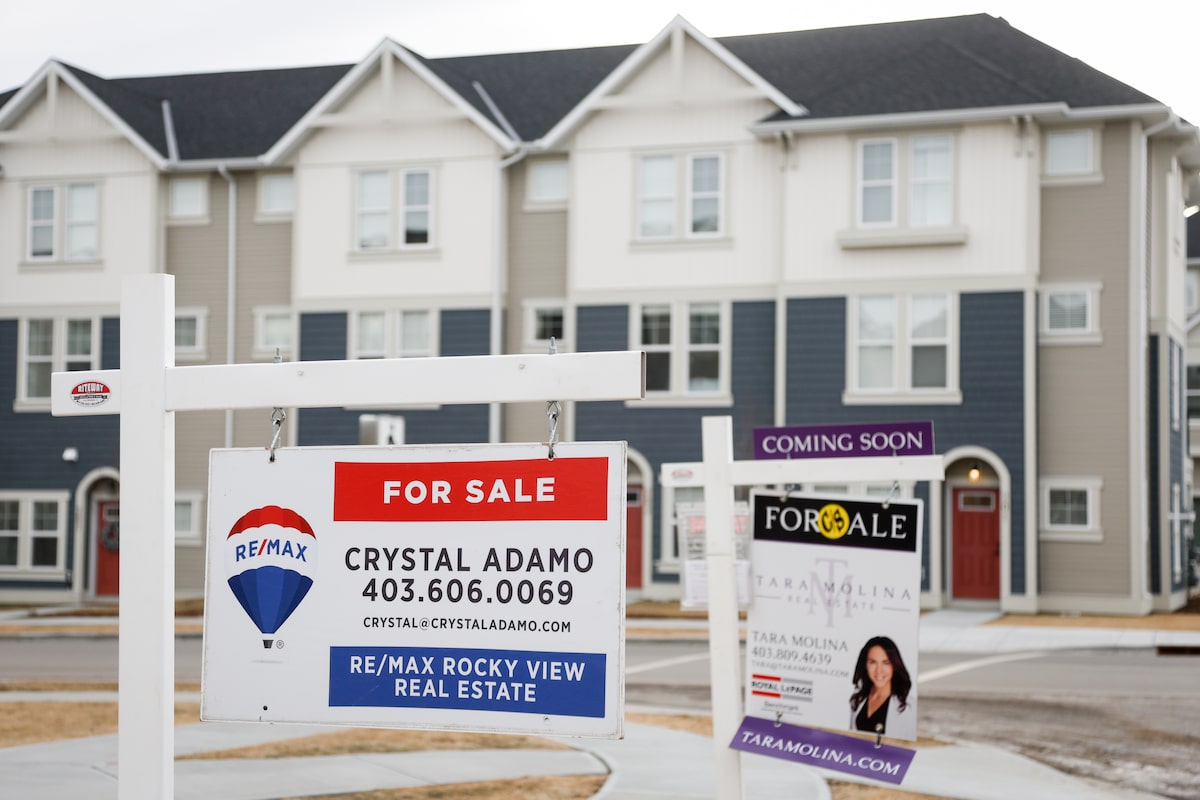R
eal estate investors share their strategies for 2025. Ludomir Wanot is buying mobile home parks for tax incentives. He can depreciate the properties at a faster rate than other investment properties, reducing his taxable income. This allows him to provide affordable housing while minimizing his tax liability.
Mike Zuber expects motivated sellers in 2025 due to life events and economic conditions. He's prepared to write offers that make sense at a high cost of capital. Dion McNeeley is considering selling a property to capitalize on an IRS rule, the Section 121 Exclusion, which allows him to exclude up to $250,000 of the gain from the sale.
Nyasia Casey is testing a new strategy: building tiny homes. She'll list it on a short-term rental platform like Airbnb and experiment with its affordability for guests. Dana Bull is experimenting with mid-term rentals, which bring in more revenue but require more work than long-term rentals.
Karina Mejia plans to expand her portfolio by purchasing a three-family home in Boston and renovating it using the BRRRR method. Peter Keane-Rivera is leaning into his rent-by-the-room strategy, accelerating his purchasing of real estate while learning how to scale his room rental operations.














